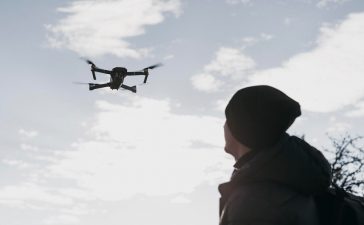The National Science Foundation (NSF) today offered details about the National Artificial Intelligence Research Resource pilot program, which will see the NSF partner with other federal agencies — as well as the private sector — to provide access to datasets, AI models, and training for researchers.
The NAIRR pilot, originally announced last November, is fundamentally an attempt to democratize access to generative AI (genAI) for organizations without the deep pockets of a major tech company or US government department, according to NSF Director Sethuraman Panchanathan.
“This is how we guarantee opportunity, ensure vibrant industries of the future, and [place ourselves] in the vanguard of competitiveness and societal advancement and prosperity being unleashed everywhere,” he said in a briefing via Zoom.
The idea, according to Katie Antypas, the director of the NSF Office of Advanced Cyberinfrastructure, is to support novel research into both fundamental genAI issues and into AI’s application to domain sciences and operations.
“We want to reach broad communities that have not participated in this AI ecosystem before,” she said in the briefing.
To that end, NAIRR’s pilot program will provide access to advanced computing, AI datasets and models, as well as expertise in the form of training and support for educators and researchers in the US. One example could involve educators in underserved communities gaining access to AI-related classroom resources such as integrated virtual notebooks or remote computing systems to help students learn AI, or domain researchers in, for example, meteorology; they could get access to NOAA and NASA datasets that could be analyzed by AI.
The NAIRR pilot aims to address a problem in the way genAI has evolved in the US, according to Antypas. The datasets, models and compute resources needed to use genAI tools in a meaningful way tend to be exclusive and expensive, limiting the scope of what can be accomplished by users without deep pockets or serious connections.
“The resources needed to even begin participating in the ecosystem have become increasingly concentrated and inaccessible to many, many communities that are really essential for developing a healthy and responsible AI ecosystem,” she said.
The pilot program is expected to run two years, the NSF said, and will be organized into four key areas – NAIRR Open, which provides for open AI research via access to “diverse AI resources;” NAIRR Secure, for research into privacy and security-related areas of AI development; NAIRR Software, for research into tools and platforms used with NAIRR resources; and NAIRR Classroom, for the educational community.
An online portal will be available for researchers looking to access NAIRR’s resources, and a broader call for proposals will be offered in spring 2024.
Copyright © 2024 IDG Communications, Inc.












